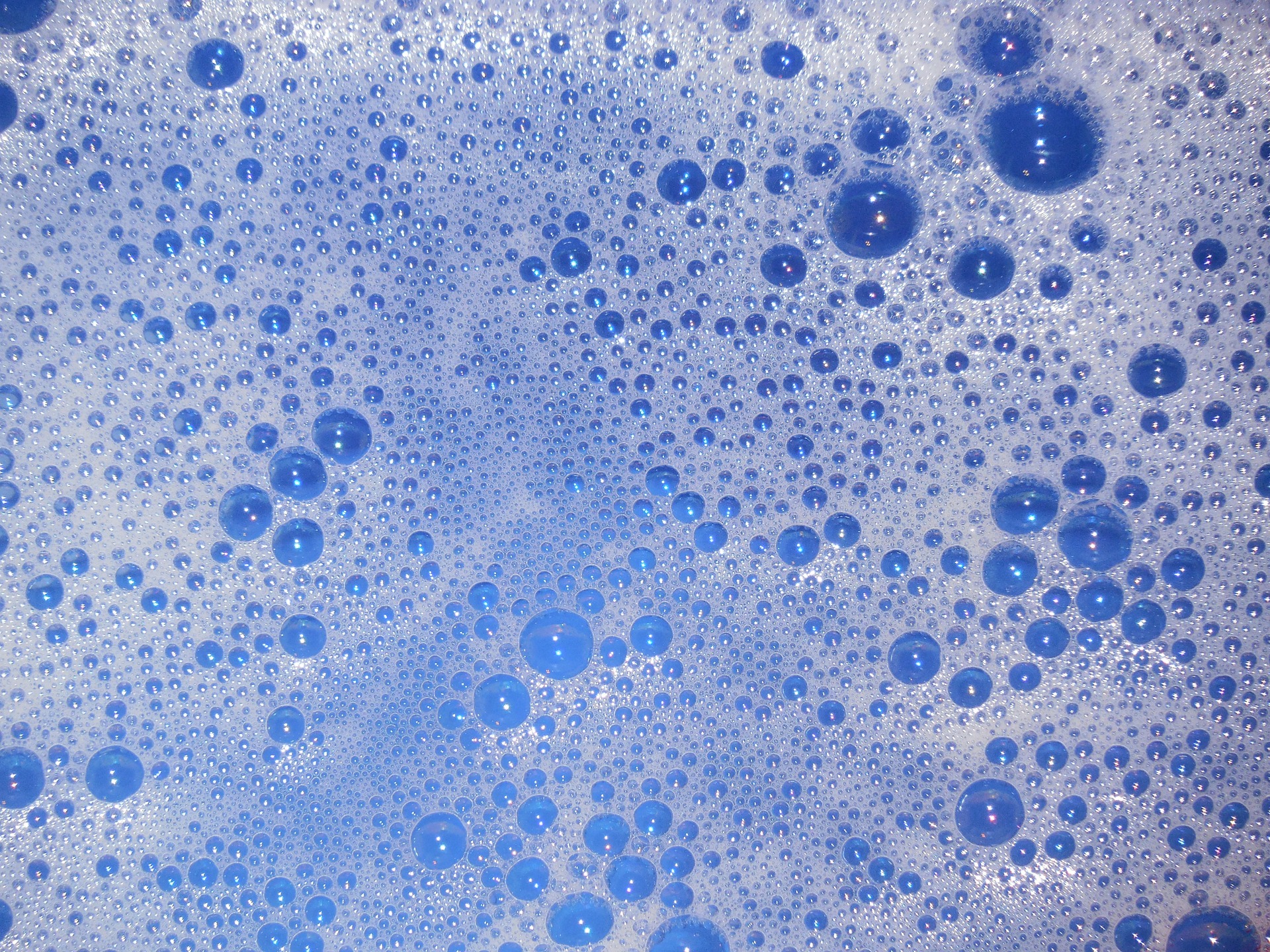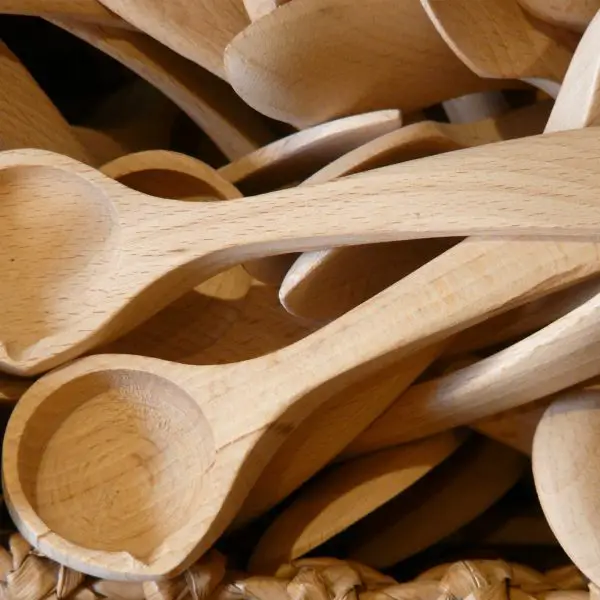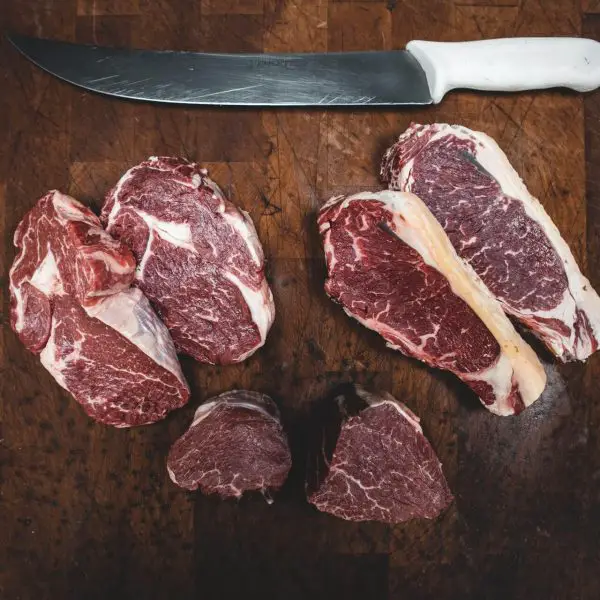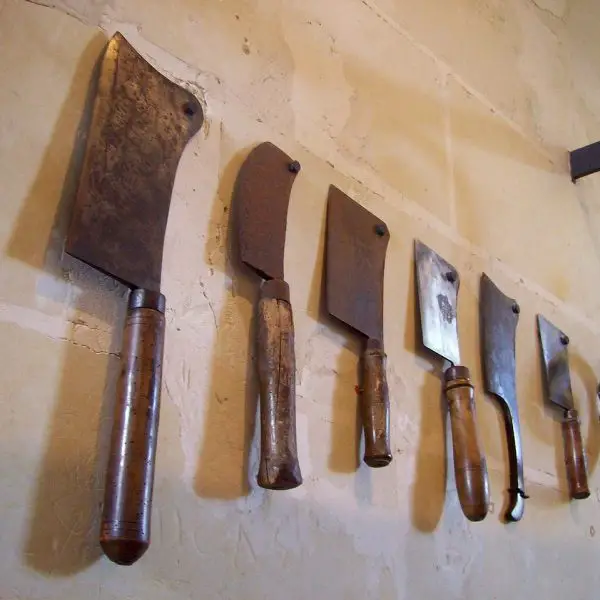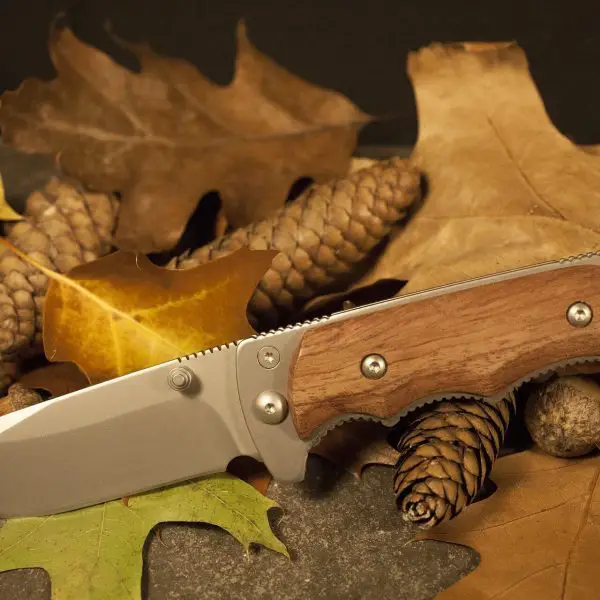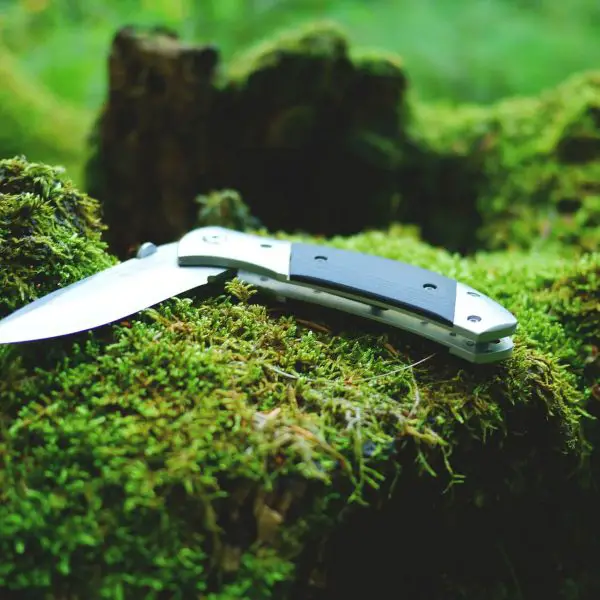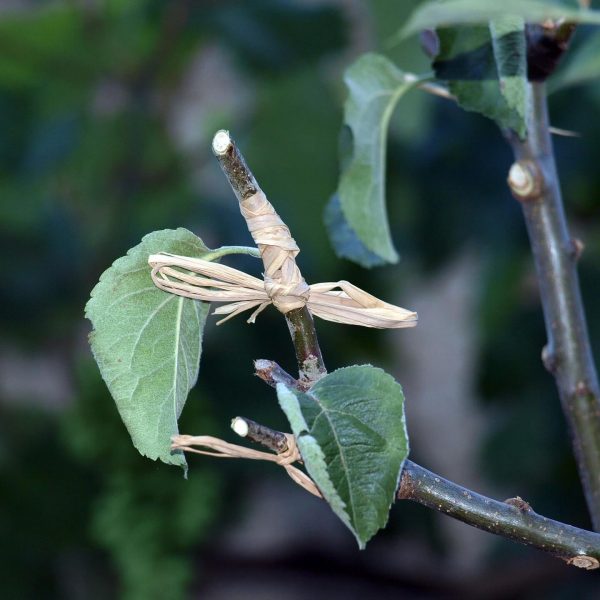Cleaning and sanitizing your knife is an essential part of knife care and health care.
Failing to sanitize your knife can cause food contamination, and improper cleaning techniques can cause injuries.
Everybody tells us that cleaning and sanitizing our knives is crucial but we’re rarely told when should we do so.
In this article, we will learn when should we sanitize kitchen knives and how to do so properly.
When To Sanitize & Clean Knives
When you’re working in your kitchen, you’ll rarely work with just one type of food.
When making a stew, for example, you’ll most likely use tomatoes, potatoes, beef, carrots, and more vegetables. That’s a lot of different food that needs to be cut with a knife.
Every time the food comes in contact with a knife, there is a possibility for cross-contamination when that same knife is used to cut a different kind of food without proper sanitation and cleaning.
You should sanitize your knife after you’re finished with one type of food before using it on another.
Every time you’re interrupted and leave the knife resting while doing something else, a knife can be contaminated by viruses, bacteria, and other harmful microorganisms.
Don’t forget to clean the cutlery you’ve left before continuing with the task.
If you’ve been working with the same type of food constantly for over a few hours, you should clean and sanitize your knife before continuing.
Contamination can happen when the same knife is used on food for too long without cleaning and sanitizing.
How To Clean & Sanitize A Knife
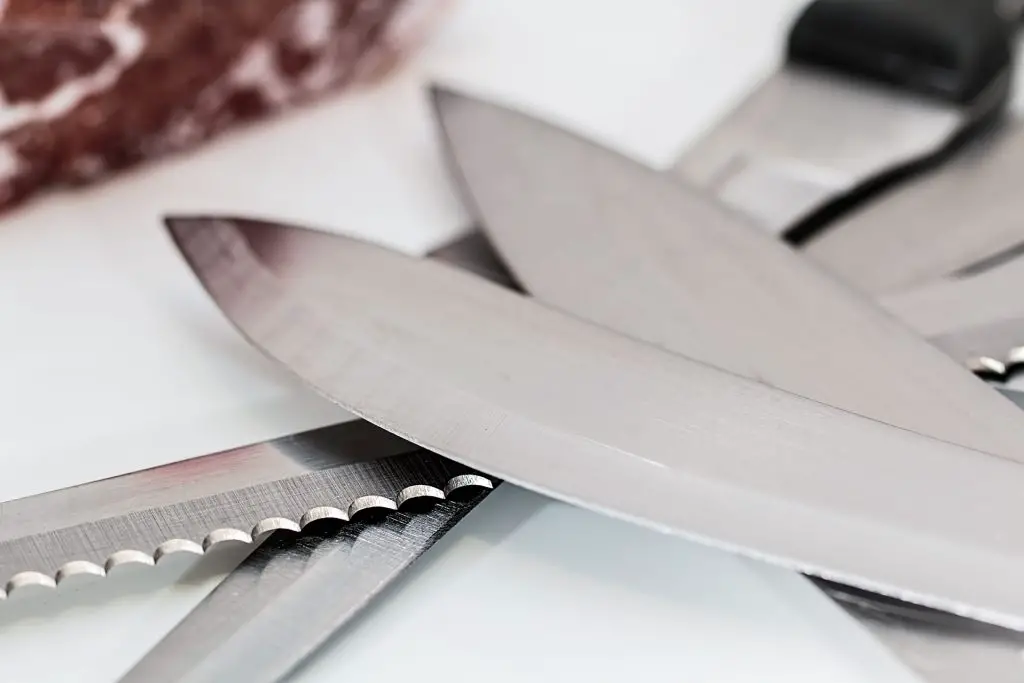
Sanitizing your knives properly is as important as sanitizing them frequently. A bad cleaning technique can cause injuries or won’t remove the pathogens from the cutlery.
A knife should be sanitized with warm soapy water. Never use hot water as it can degrade the steel. A good way to check if the water is too hot is to touch it with your hand. If it doesn’t burn you, it’s good to go.
You’ve probably heard this quite a few times, but never put your knives in a dishwashing machine.
The hot and moist environment can damage the steel or make it rust. The movement in the dishwasher can cause damage to the cutting edge, reducing the performance of your knife.
Believe it or not, most injuries happen when you wipe your knife incorrectly. The proper way of cleaning a knife is to lay down a cloth or paper towel and wipe the knife on it, not wipe the knife with the paper towel.
Make sure that the blade is completely dry to prevent rust. Wipe the handle of the knife as well.
A cloth or a paper towel that isn’t sterile can affect the quality of sanitation. Make sure that the towel, apron, or cloth that you’re using to dry the knife is sanitized as well.
After you’ve done your work for the day, consider using the best knife lube to preserve your blade and further prevent contamination.
Here is a video that can help you better understand the sanitizing process:
How To Know That A Knife Is Properly Sanitized
A knife that is properly sanitized looks shiny and smooth. No food residue should be visible if a knife is properly sanitized.
Try touching the knife (not on the cutting edge) with clean hands and feel it. If there are any bumps and the blade doesn’t feel smooth, you’ll have to sanitize that knife again.
The knife shouldn’t smell of food but soap. This is another good indicator that you’ve sanitized your knives well.
Before using old knives, thorough cleaning and sanitization are required. Only use a knife on food that looks as good as new!
Risks Of Not Sanitizing Your Knives
If you don’t sanitize your knives properly and frequently enough, you’re risking contamination of the food.
Contamination of the food can be possibly fatal and is something that needs to be taken seriously.
Pathogens like viruses, bacteria, and other harmful and possibly fatal microorganisms can form when you handle different food with the same knife, don’t clean them as often as you should, and leave them resting for long periods.
Food cross-contamination is not something you can disregard. You can put your health and the health of others at risk.
Conclusion
Everyone should clean and sanitize their knives properly and regularly.
Make sure that you thoroughly wash and dry your knives before continuing your work.
It is the best food contamination preventive measure that exists.

